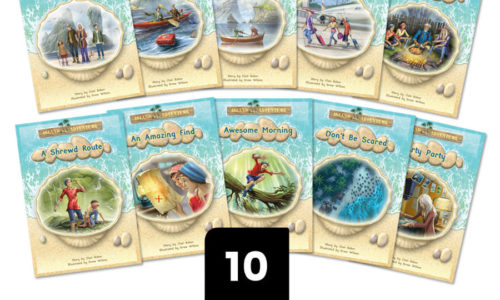
Older, struggling readers often have gaps in the their phonics knowledge and skills. They find alternative spellings particularly confusing. Many suffer from low self esteem so offering them decodable materials that are age-appropriate is vital. Vital because if the reading materiasl can engage the disaffected reader, his/her motivation to try and read will grow. Without […]
Read More

